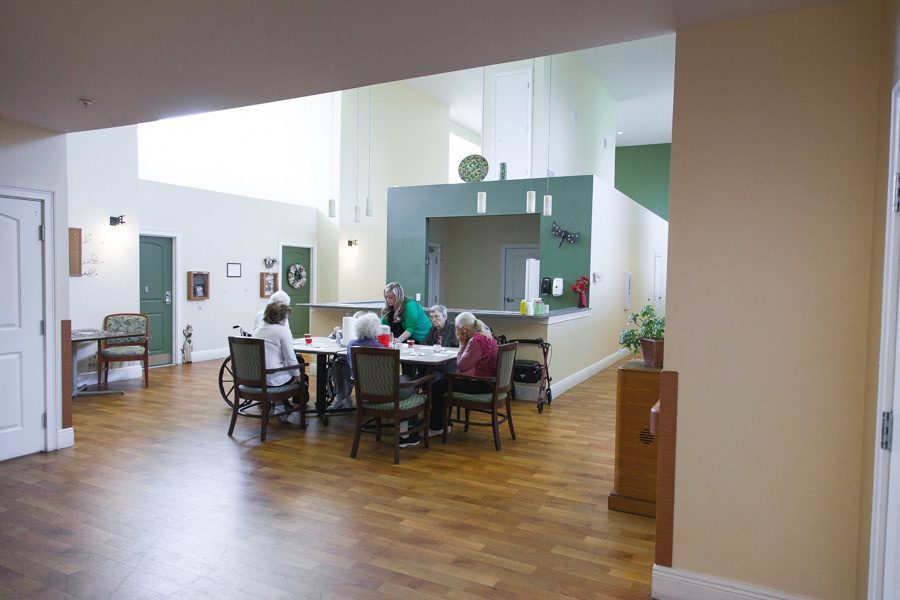According to research conducted by the Alzheimer’s Association, people regularly engaging in social interaction and activities are able to maintain a higher standard of healthy cognitive function. This proves to be especially important for those with dementia and cognitive problems.
If your loved one has been diagnosed with dementia, here are four reasons to keep them socially involved, showing the benefits of social interaction in the elderly.
- Socializing helps seniors avoid mental health problems. – Those who have reliable friends and family to talk to often have a generally more positive outlook on life when compared to those who don’t. Participating in hobbies, activities, or just talking can help ward off diseases that come with social isolation, including depression and anxiety. This is especially important for those with dementia, as they tend to be more vulnerable to them.
- There is a link between cognitive decline and being lonely. – Research has proven that there is a huge link between loneliness and cognitive decline in seniors. Whenever even the simplest of conversations occurs, the mind is stimulated to think of how to respond. This keeps seniors actively engaged and thinking.
- Socializing can help seniors maintain their independence. – With isolation comes depression and quite a few other mental health problems for seniors. This then leads to the need for additional care and assistance. Socializing gives seniors the opportunity to express their problems, worries, and feelings, to others while also increasing feelings of confidence and self-worth.
- Mental stimulation also offers physical benefits. – Being social can also lead to many other healthy lifestyle changes. Increased social activity has been linked to potentially lower blood pressure, may reduce cardiovascular problems, and can relieve some forms of arthritis. This is due to the fact that social interaction typically leads to additional physical activity, lower stress, and anxiety.
Memory care offers many opportunities for seniors to maintain a healthy, safe, and active lifestyle that fits their unique needs. For more information about the benefits of social interaction in the elderly, contact Angels Senior Living today.






